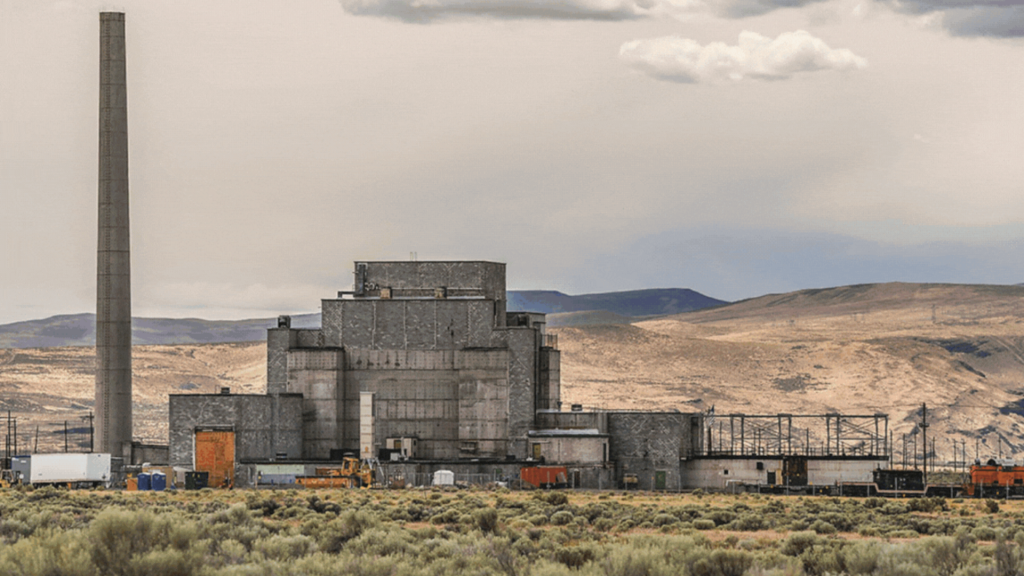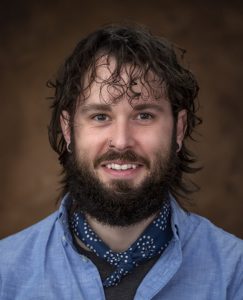COPHP student Jerry Wood discusses their practicum project tackling the intersection of environment and public health, their role as a health care navigator at UW, and more.

Image courtesy U.S. Department of Energy
Growing up in Utah’s Salt Lake Valley, Jerry Wood, a student in the Community-Oriented Public Health Practice MPH (COPHP MPH) program, faced pervasive pollution from five nearby oil refineries. At the time, they didn’t make much of the warnings for the elderly and young to stay inside during certain months of the year.

“There was never any conversation about environmental impacts…we just accepted it as normal,” reflected Wood.
But the experience helped spark a passion in spreading accurate health care information to the communities who need it most. For their practicum project, Wood focused on the intersection of environmental and health issues, mentoring high school students impacted by the nuclear Hanford Site in Eastern Washington.
“This was a way to empower the students to familiarize themselves with this environmental issue, and hold accountable governmental bodies who are responsible for making sure that this is a safe and sustainable clean-up,” Wood explained.
Wood partnered with the nonprofit Hanford Challenge to teach data collection and analysis skills to students from White Swan High School on the Yakama Indian Reservation. Hanford Challenge also connected the students with environmental scientists and Yakama Nation elders to expose them to diverse perspectives of the environment and public health. The students chose topics of cultural importance to the Yakama Nation, including declining burrowing owl populations and contaminants in elk habitat. Wood sought to create a supportive, nonjudgmental learning environment.
“There was never any conversation about environmental impacts…we just accepted it as normal.”
-Jerry Wood
They reflected, “I’m not looking to make sure these kids are meeting some sort of bar, I just want them to have fun and engage with the material in whatever way feels good for them…If you’re not having fun, then I’m not doing my job.”
As part of the EnvironMentors program, the students traveled to D.C. to present their final poster projects. Along the way, they faced challenges, including losing classroom and technology access. Nonetheless, all three White Swan students who presented in D.C. were honored with awards in the One Health, Environmental Justice, and Public Health categories.
Empowering patients through health care knowledge
Outside of the COPHP program, Wood has held numerous jobs in health care, from lab assistant to support specialist. Currently, they serve as a health care navigator at UW Medicine, helping patients interface with their doctors and guaranteeing regular screenings and check-ups.
“[It’s] empowering to spread what I would consider basic health care knowledge: At what age should you start getting a mammogram? At what age should you get a colonoscopy? What constitutes an urgent care versus an emergency department visit? This is all information that has been withheld from communities that have been marginalized for a very, very long time-and still is.”
-Jerry Wood
The COPHP program has enabled Wood to put these principles into practice with hands-on fieldwork and problem-based learning. They encourage prospective students to “be prepared to hit the ground running” and take advantage of student and staff advisors.
“At the very core, COPHP is patient-centering and community-centering…That idea of disrupting power dynamics has been carried through and promoted throughout the program,” they said.